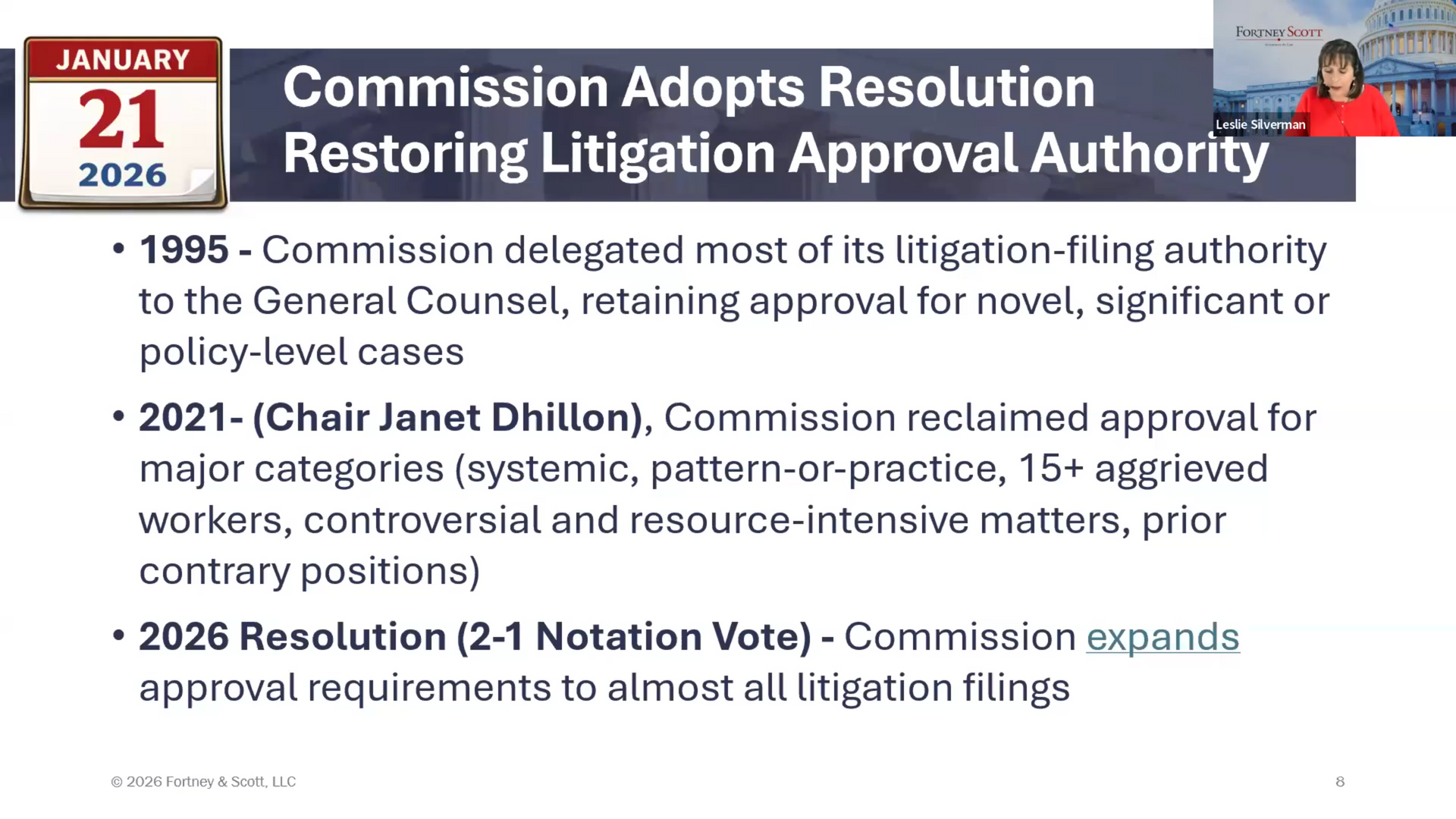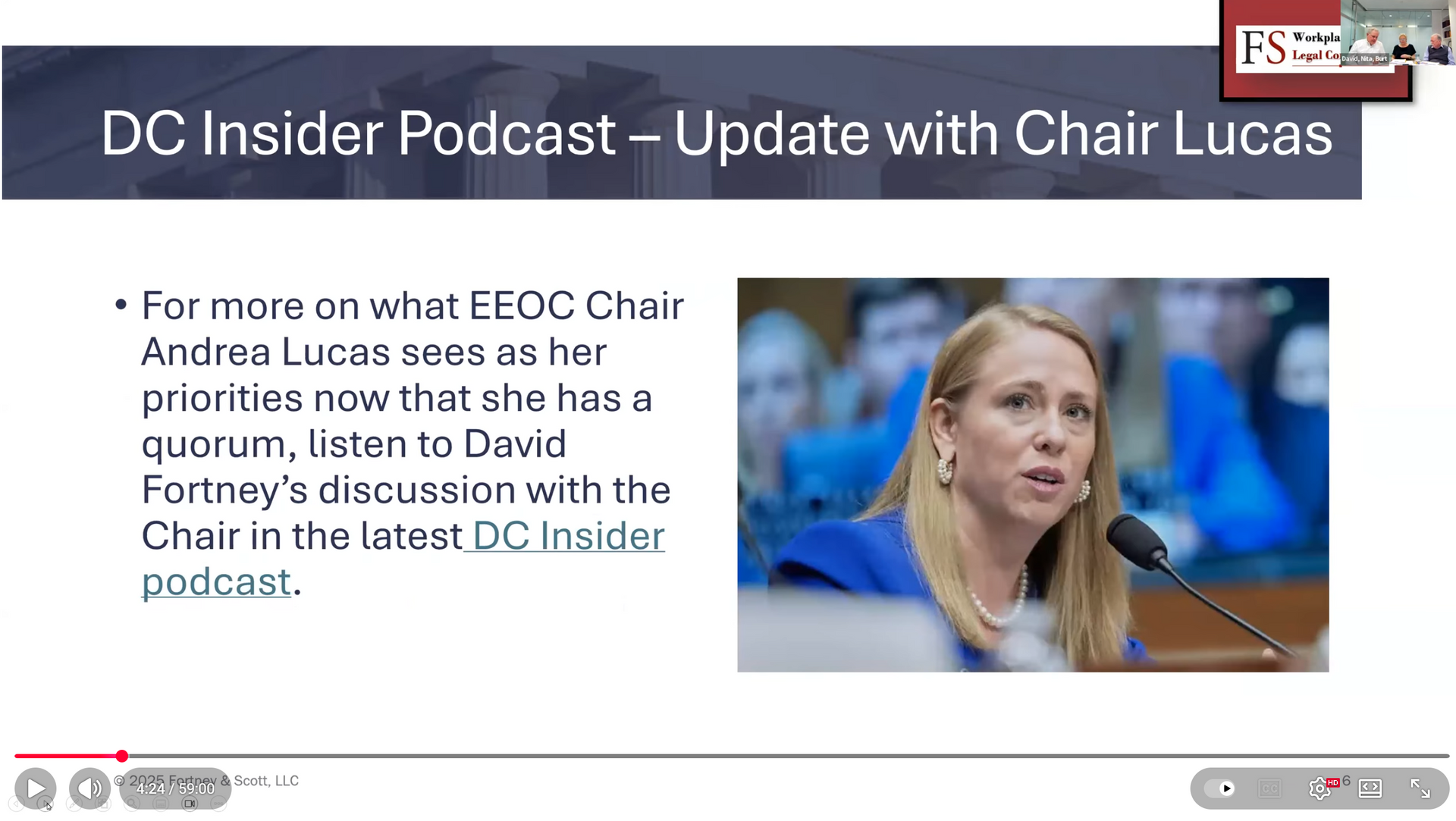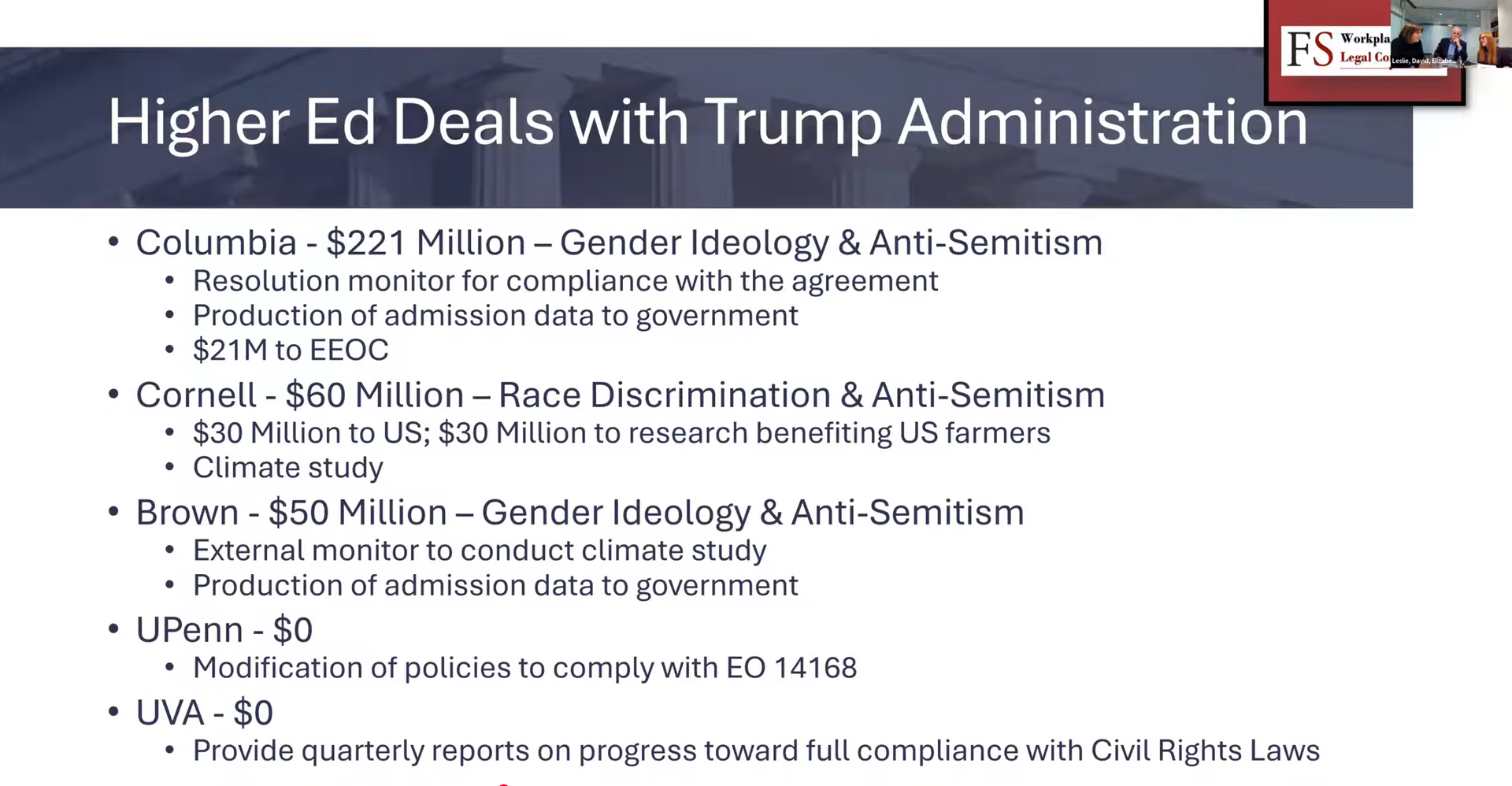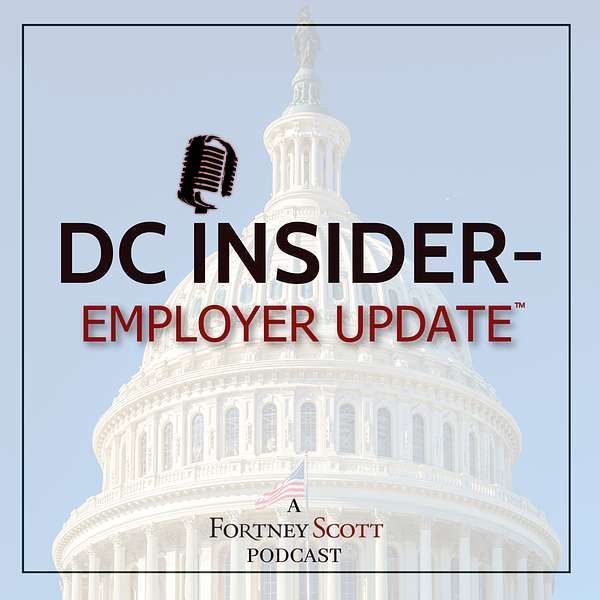DOL Proposes Change on Regular Rate
On March 28, 2019 the U.S. Department of Labor announced a proposed rule to clarify and update the Fair Labor Standards Act (FLSA) regulations governing regular rate requirements. Regular rate requirements define what forms of payment employers should include and exclude in the “time and one-half” calculation when determining workers’ overtime rates. The proposed rule focuses primarily on clarifying what kinds of perks, benefits, or other miscellaneous items must be included in the regular rate. Because these regulations have not been updated in decades, the proposal would better define the regular rate for today’s workplace practices.
The Department proposes clarifications to confirm that employers may exclude the following from an employee’s regular rate of pay:
- The cost of providing wellness programs, onsite specialist treatment, gym access and fitness classes, and employee discounts on retail goods and services;
- Payments for unused paid leave, including paid sick leave;
- Reimbursed expenses, even if not incurred “solely” for the employer’s benefit;
- Reimbursed travel expenses that do not exceed the maximum travel reimbursement under the Federal Travel Regulation System and that satisfy other regulatory requirements;
- Discretionary bonuses, by providing additional examples and clarifying that the label given a bonus does not determine whether it is discretionary;
- Benefit plans, including accident, unemployment, and legal services; and
- Tuition programs, such as reimbursement programs or repayment of educational debt.
The proposed rule also includes additional clarification about other forms of compensation, including payment for meal periods, “call back” pay, and others.
The proposed rule was published in the March 29, 2019 Federal Register and comments are due on May 28, 2019.
Contact your FortneyScott attorney if you have any questions or would like to file a comment about the proposed rule.
















